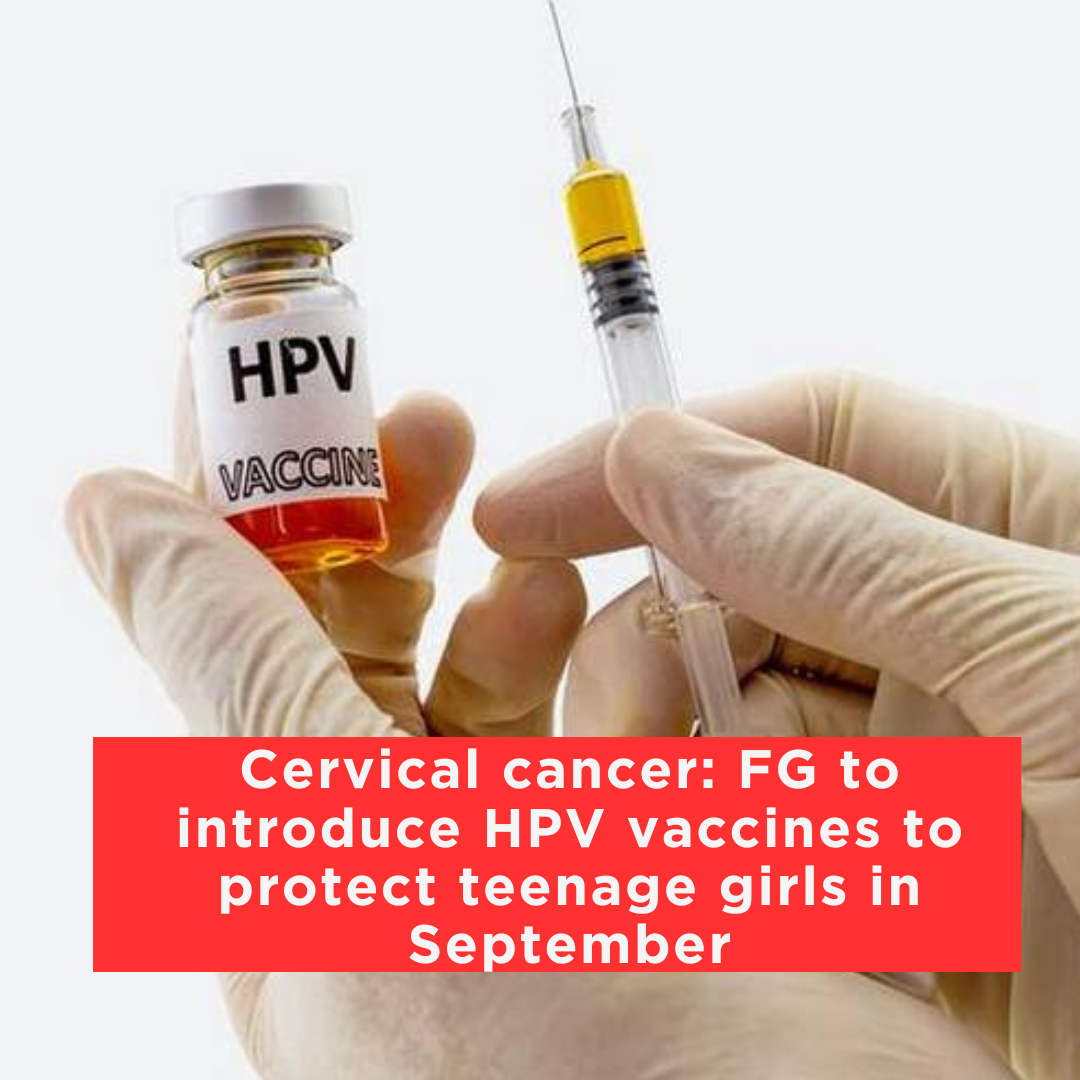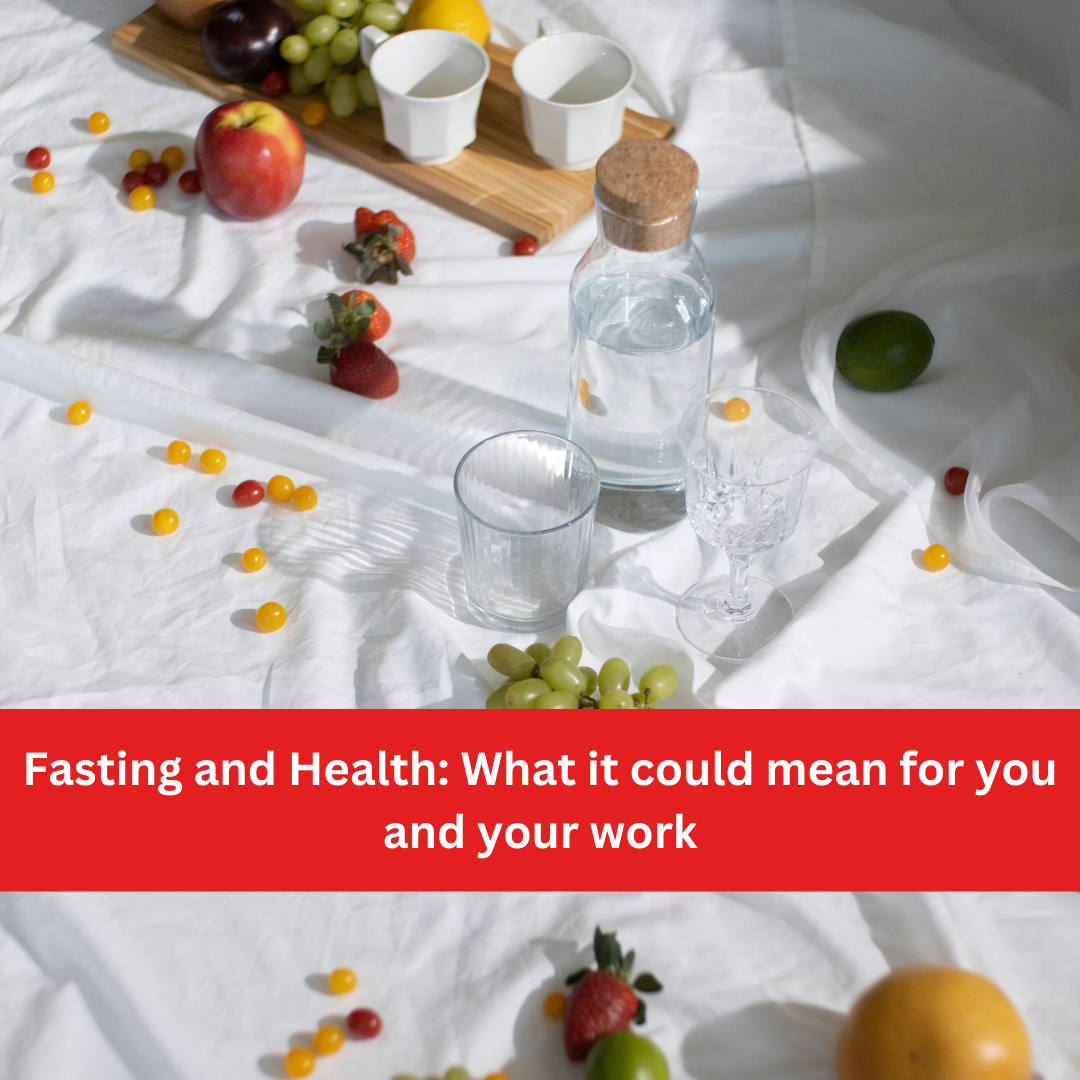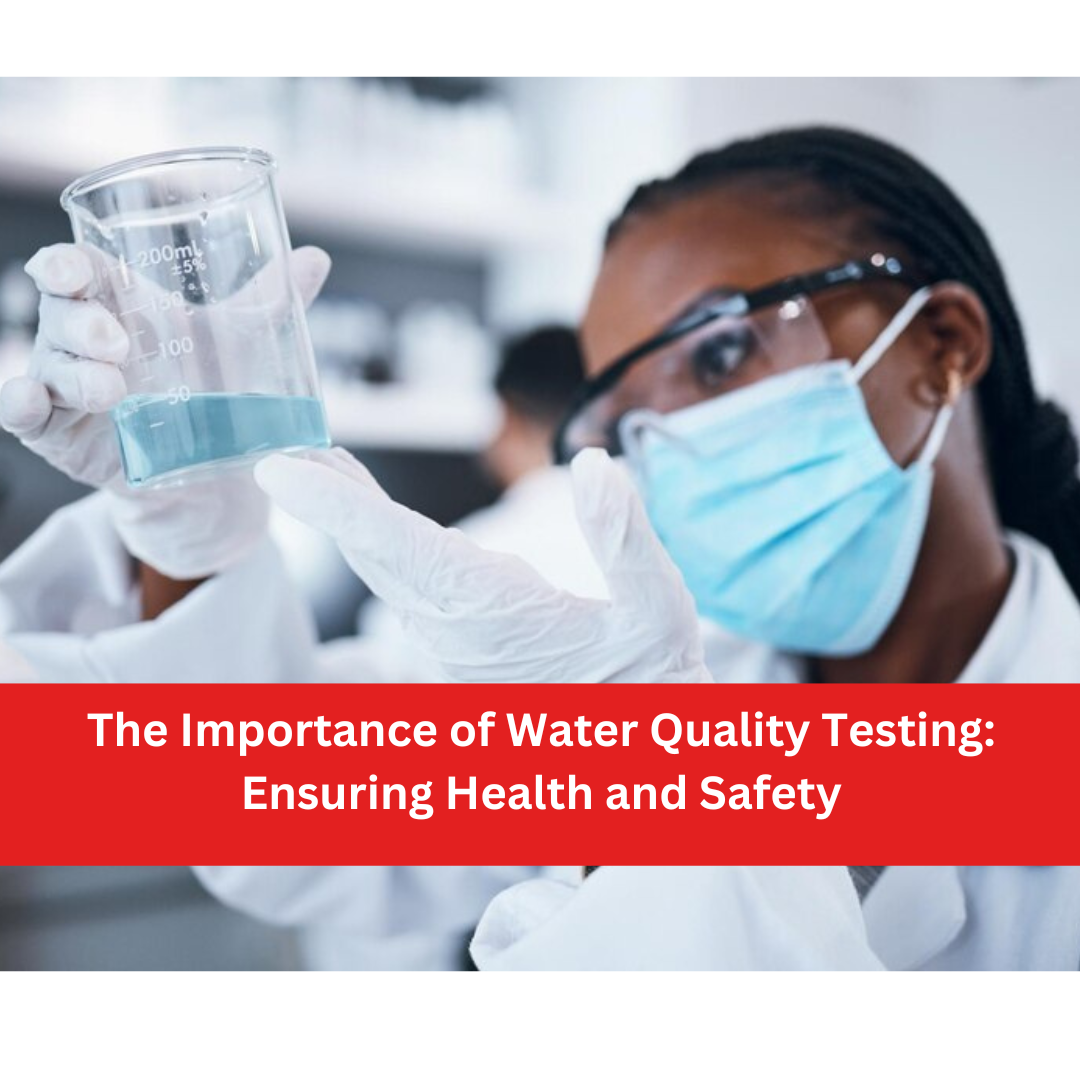The Federal government has disclosed plans to introduce lifesaving Human Papillomavirus (HPV) vaccines to protect teenage girls against cervical cancer and other related diseases.
The Executive Director of the National Primary Health Care Development Agency (NPHCDA), Faisal Shuaib, made this known during the bi-annual review meeting of religious leaders on PHC delivery in Abuja on Monday.
Mr. Shuaib said the government will begin the rollout of the HPV vaccines on September 25 for girls between the ages of 9 and 15.
“This cervical cancer affecting our mothers, sisters, and daughters is caused by HPV. On September 25 this year, we will be introducing the HPV vaccine that prevents cervical cancer when given to our daughters between 9 and 15 years old,” he said.
HPV and Cervical Cancer
Cervical cancer, a type of cancer that develops in a woman’s cervix, is the fourth most common cancer among women globally. Experts said in 2018 alone, it caused an estimated 311,000 deaths worldwide.
Research by The Lancet also reveals that more than 44 million women globally stand to develop cervical cancer between 2020 and 2069. It also warned that deaths from cervical cancer will increase by a further 50 percent by 2040 and that many women, their families, and communities will be impacted.
Although the causes of cancer are unknown, 14 out of the 100 types of Human Papillomavirus (HPV) strains have been identified to cause at least 99 percent of cervical cancer cases.
According to the WHO, HPV types 16 and 18 cause at least 70 percent of cervical cancers and pre-cancerous cervical lesions. There is also evidence linking HPV with cancers of the anus, vulva, vagina, penis, and oropharynx.
WHO estimates that cervical cancer could be the first cancer to be eliminated if 90 percent of girls are vaccinated against HPV, 70 percent of women are screened, and 90 percent of women with the disease receive treatment.
HPV vaccination is more than a medical breakthrough; it is a testament to our unity in safeguarding the sanctity of life,” Mr. Shuaib said.
Related post: https://www.medburymedicals.com/preventing-cancer-our-responsibility-as-a-global-community/
Religious leaders’ involvement
Mr. Shuaib said that in its endeavor to reach every corner of the nation, the pivotal role of religious leaders cannot be overemphasized.
He said religious leaders possess the power to disseminate critical information that can influence behavior, dispel myths, and encourage preventive practice.
“In their roles as spiritual guides, they own the power to influence hearts and minds, and their words carry weight and inspire action,” he said.
He urged religious leaders to join hands with the medical community in championing the course of HPV vaccination nationwide.
“By encouraging HPV vaccination within your congregations, you become advocates of life and guardians of health,” he said.
The Minister of Health and Social Welfare, Muhammad Pate, said during his speech at the event that blending spiritual and scientific knowledge and skills is necessary to tackle the health challenges of the country.
Mr. Pate, who was represented by his Senior Special Adviser, Emmanuel Odu, said religious leaders would help raise awareness in their congregations about the free HPV vaccines, dispel myths and misconceptions about the vaccine, and also encourage members to embrace better health-seeking behaviors.
“I acknowledge the contributions of our faith community to healthcare delivery in the country, as we are aware that some of our religious organizations provide healthcare services at the primary, secondary, and even tertiary healthcare levels,” he said.
Mr. Pate said this administration will change the narrative by making health care affordable and accessible to all Nigerians.
“We will, therefore, need the support of the faith community as we roll out the government’s agenda for the health of our people,” he said.
Collaborations
In his remark, the President-General of the Nigeria Supreme Council for Islamic Affairs (NSCIA), Sa’ad Abubakar III, said the government can count on traditional and religious leaders to deliver the right messages to the people.
The president said, “This forum will review all health issues, successes and failures, and what must be done.”
“We are ready to do the needful, and the government can count on us—traditional and religious leaders—because we believe in telling the people what the government is doing,” he said.
The National President of the Christian Association of Nigeria (CAN), Archbishop Daniel Okoh, noted that the PHC in Nigeria is beginning to get the kind of attention it deserves.
Mr. Okoh said religious leaders are also given the opportunity to dialogue by way of review about happenings in the health sector.
He said that even on health issues, many Nigerians still prefer to listen to their religious leaders before their doctors or the government.
“Our places of worship have been used for sensitization and for administering vaccines, and our health facilities have been in collaboration with the government for a very long time now, especially for primary health care,” he said.
“With initiatives like this, we are optimistic that improved healthcare will be made accessible to those who before now have been far from it, especially those in rural areas.”
Source: punchnews








No Comments